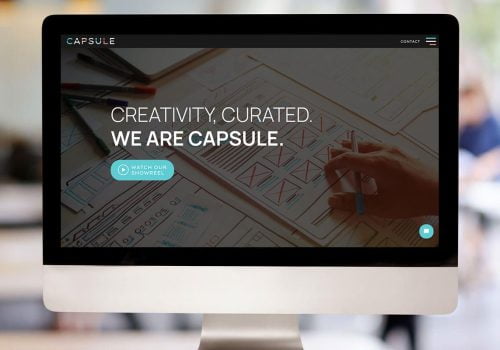Amazon has demonstrated only too well that time and place utility is the trump card in winning and retaining business. To compete with the time and place of “shopping day on the high street or shopping centre” through “buy whenever and wherever and receive next day at home”, Amazon Prime placed logistics at the forefront of the brand and set a benchmark, not just in the direct to consumer market.
Therefore a supplier’s logistics supplier has become part of their brand. Most of the time it goes unnoticed, but with IMRG putting December 2019 on time deliveries at 86.8%[1] (2% worse than the year before), logistics is getting increasing notice, when things go wrong. With Brexit, we can expect this to worsen for supply chains that include the EU.
The customer is back in control
For the consumer – a relatively new direct customer of the logistics firms – the addition of the texted timeslot, with options and updates, normally gives them what they need and the multiple return options resolve realising you didn’t get what you needed after all. However, it is that 10-20% of the time when things go wrong that the push nature of the communications fails. If this is the case for D2C final leg logistics, how much worse must it be for high value and/or volume customers of international logistics firms?
Navigating the unhappy path
According to Deloitte, 62% of companies view customer experience delivered by brands as a competitive differentiator and, according to Gartner, 89% of businesses are soon expected to compete mainly on customer experience. With the complex challenges of just meeting the job of delivering to an agreed time and price, most logistics firms have focused their customer experience on customer acquisition and information. This is an important start, but it is the ability to navigate the unhappy path that is going to be critical to building brands in an industry that is most typically seen as an unnecessary evil for both the supplier and the customer of the goods that they transport. Additionally, the feedback loops for all but the final mile are internally driven, but it will be an external source – the customer – providing the most critical feedback of all. If it is to be useful to the operation, rather than just becoming a complaint, it needs to be considered as a marketing challenge.
Invest in problem recovery early in the customer journey
Capsule believes that integrating problem management into the front line of UX is where this brand differentiation is best managed. This needs to combine timely information, ease of inbound communication, speed and flexibility of resolution and the data collation and analysis of the errors to support the focus on improvement. This takes investment not just in the website, but in supporting the staff who need to navigate the multiple technical and human links in the logistics chain in order to discover, resolve and communicate about the issue.
Keep up with the digital Joneses and Amazons
We work with clients throughout the marketing ecosphere to align and integrate the marketing, communications and digital strategies. This is often about building or expanding brands, but a great place for a business to excel at brand building is through problem recovery. A 2019 Statista USA survey showed that, while 54% of retail customers agreed that they would reorder from firms that accurately predicted delivery, 77% would reorder if the firm resends lost or damaged goods fast. No business can eradicate all its mistakes all of the time. Customers demand fast, simple, helpful and intelligent engagement to put right what has gone wrong. It is these brands that will be the winners in the digital economy.
A point of view by Simon Isaac FCIM, Managing Director at Capsule Marketing.
[1] IMRG Metapack UK Delivery Index – January 2020
Check out our relevant case studies





